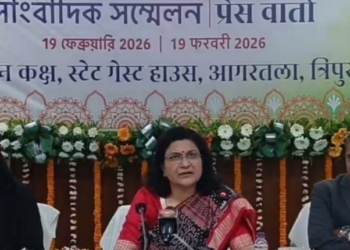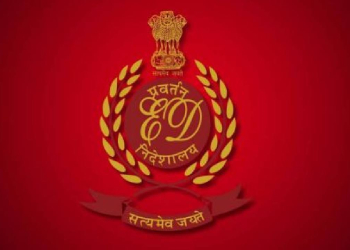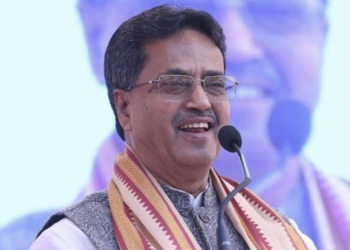New Delhi: The Delhi High Court, in an interim order, on Monday allowed the Delhi University (DU) to offer admissions in its newly-introduced five-year integrated law courses based on Common Law Admission Test (CLAT) 2023 result only for the current academic year instead of implementing Common University Entrance Test (CUET) scores for admission.
A division bench of Chief Justice Satish Chandra Sharma and Justice Sanjeev Narula, which was dealing with a plea filed by law student Prince Singh from the DU’s Law Faculty against DU’s decision, passed the interim order keeping in mind that classes have already begun for the current academic year in all other universities.
The issue has now got the court into considering a broader question whether CUET should be mandatory for admissions in all Central Universities or if they should have the freedom to make decisions in the matter of admissions.
The court has appointed senior advocate Arun Bhardwaj as amicus curiae in the matter.
On September 12, the University Grants Commission (UGC) had told the high court that the five-year law course is a professional degree programme which may require different criteria to grant admission to students. It had filed a counter affidavit in the matter wherein it has sought dismissal of the petition.
The UGC had said that the DU, with the approval of its Academic Council and Executive Council, has resolved to admit students through CLAT.
Even the Centre opposed the plea, saying the admission standards for professional courses like engineering, medicine, law etc are shaped by their specialised nature and specific skill and so are needed to be guided by the distinct prerequisites of each course.
“While there are overarching policy guidelines, universities retain the flexibility through their competent bodies i.e. Academic Councils and Executive Councils to tailor these guidelines to suit the unique demands of such professional courses,” the Centre said in its reply.
“The National Education Policy (2020) also envisions governance of Higher Education lnstitutions by highly qualified independent Boards having academic and administrative autonomy…the relief as sought by the petitioner to quash the admission notice of University of Delhi may not be granted,” it said.
On August 28, the Centre had informed the high court that for Central universities, the CUET is not compulsory, and they enjoy autonomy in the matter of admission. However, the UGC had taken a different stand and submitted that it is mandatory for all the Central Universities to adhere to the CUET score for admission to UG or PG courses. The court had then granted a weeks’ time to the UGC as well as the Centre to file a detailed counter-affidavit in the matter.
It had also asked the DU to file a supplementary counter-affidavit in case it wants to, making it clear that if none is filed by the next date of hearing, the matter will be heard finally on interim relief.
The PIL argues that the DU decision creates a separate category of students eligible for admission. Additionally, CUET’s inclusivity in terms of languages is highlighted, as opposed to CLAT’s English-only format. The plea states that the CLAT exam has been conducted in English medium since its inception. However, the CUET (UG) exam is being conducted in 13 languages — English, Hindi, Assamese, Bengali, Gujarati, Kannada, Malayalam, Marathi, Odia, Punjabi, Tamil, Telugu, and Urdu.
“It is worth noting here that the CUET is more inclusive, more diverse and in tune with the mandate of the National Educational Policy. It is not out of the place to mention here that the Respondent No. 1 uses two languages, i.e., English and Hindi in its teachings and semester exams,” the plea says. The introduction of these law courses at DU had been in demand for a long, with the Bar Council of India (BCI) granting approval for 60 seats each in the BA.LL.B. (Hons) and BBA.LL.B. (Hons.) programmes. The university has said that sessions for both courses are scheduled at the Faculty of Law, Kanad Bhawan, in the North Campus.
(IANS)














